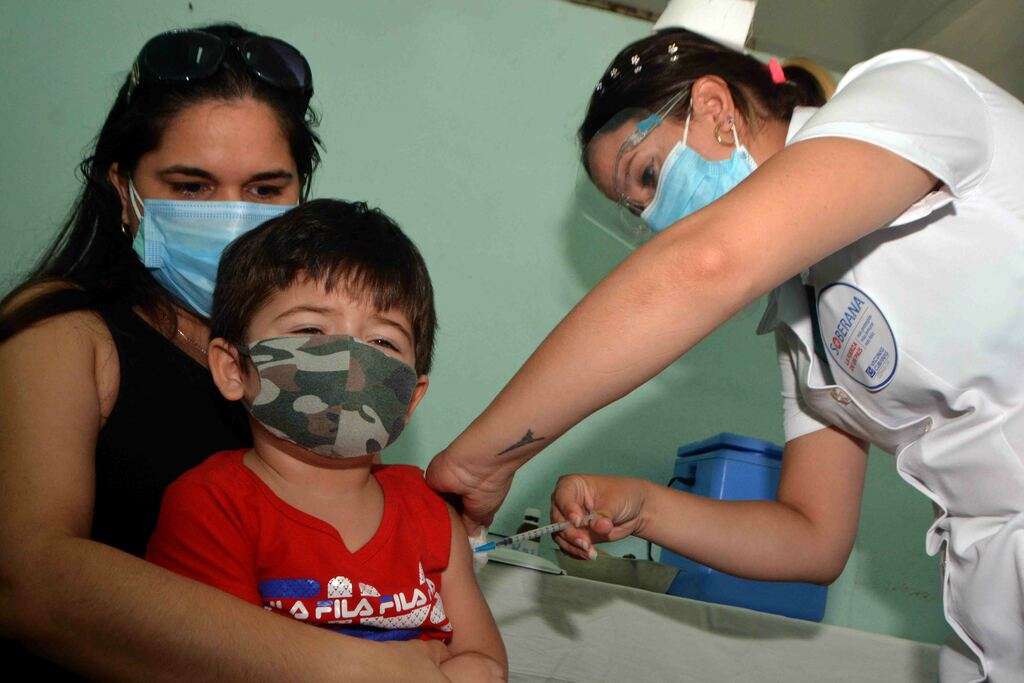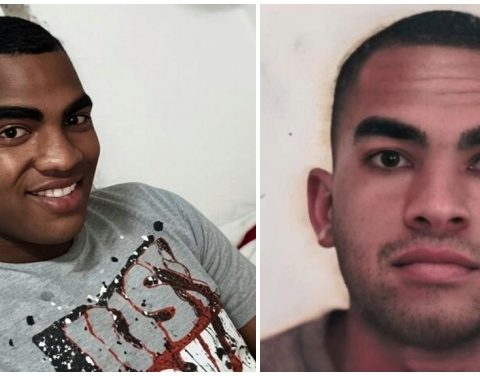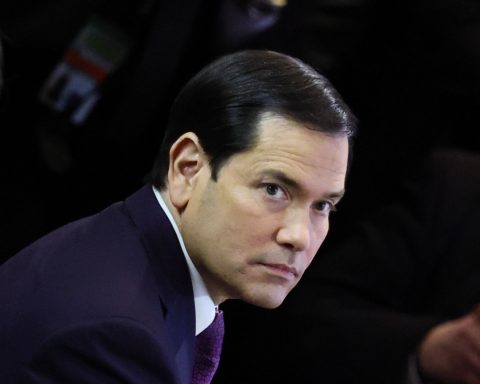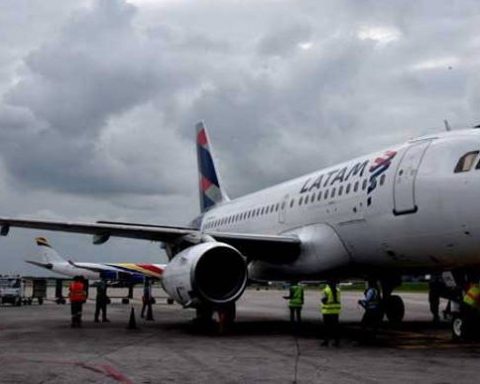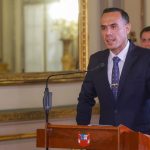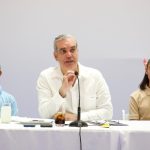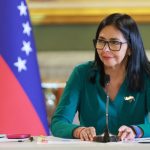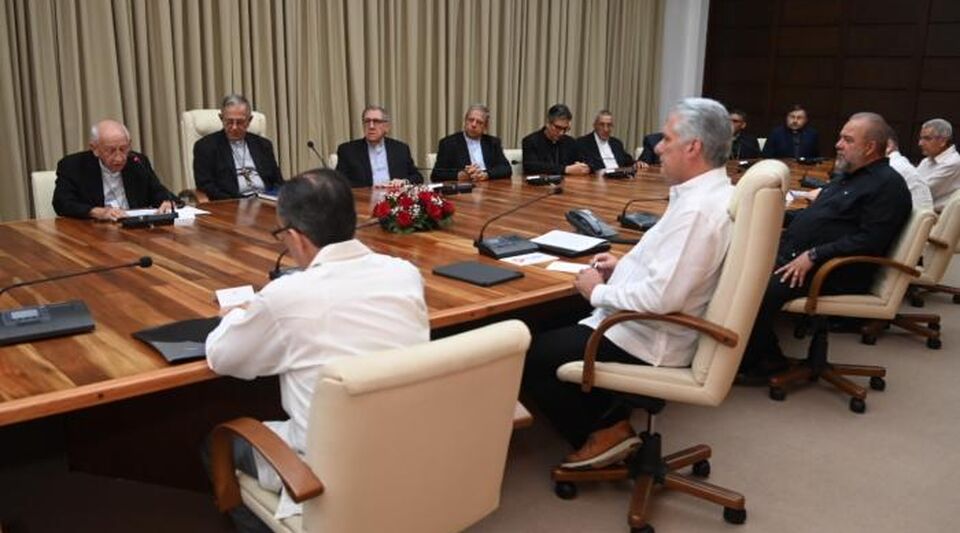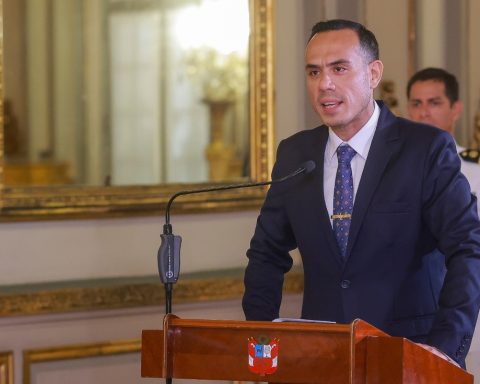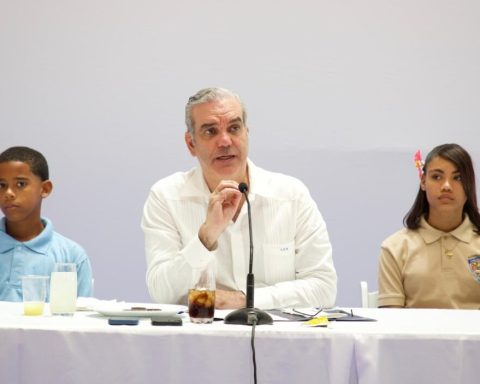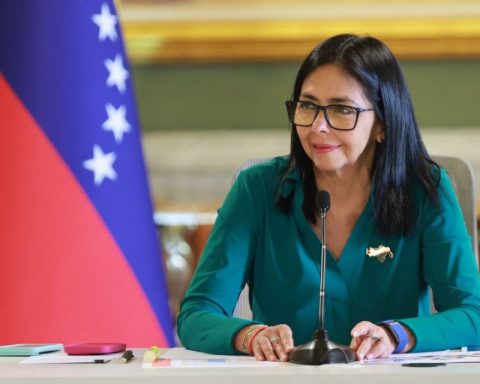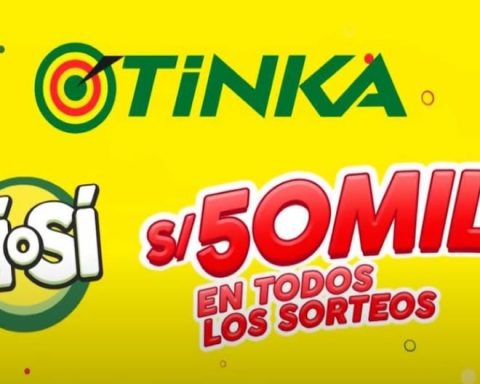He United Nations Children’s Fund (Unicef) He highlighted the childhood immunization program in Cuba, at a time when vaccination rates in the world have suffered the negative impact of the pandemic.
Alejandra Trossero, UNICEF representative on the island, highlighted that while in recent years Latin America went from having one of the highest immunization rates on the planet to the second lowest, Cuba exceeds 95% coverage and has a program universal and free that administers 13 vaccines.
In a press conference held this Tuesday, Trossero praised the island as an example of good practices in this regard, and in particular during the pandemic, regarding the recent publication by Unicef of the this year’s report on the state of the world’s childrendedicated to the topic of vaccination.
The highest representative of the international organization in Cuba highlighted the childhood immunization strategy on the island against various diseases, based on the primary health system, and the national production of eight of the vaccines that are administered to Cuban children.
In contrast, he pointed out that 1 in 4 minors the Latin American and Caribbean region it lacks vital vaccines, which means the largest global decline in childhood vaccination in the last ten years. Also, that more than 1.7 million infants on the continent are zero doses, that is, they have never received a vaccine.
In addition, Trossero explained about Unicef’s support for the Cuban immunization program, as part of which the global fund provides the island with 88,000 annual doses of the PRS vaccine, against rubella, measles and mumps, which is not produced in the country and whose acquisition depends on international donations.
Also, thanks to the use of the organization’s global emergency funds and the support of donors such as the Government of Japan, it supported Cuba in facing the health crisis caused by COVID-19 and its immunization program against this disease.
In particular, according to Trossero’s response to a question from OnCubaUnicef managed a financing of about 4 million dollars to strengthen the cold chain of an important group of polyclinics and hospitals in several Cuban provinces, with the aim of preserving the vaccines.
The entity itself a report about itreported that these health facilities “received, in total, 622 WHO-prequalified refrigerators, with their integrated temperature controllers, and 1,490 1.5-liter refrigerators and 465 6-liter refrigerators, all with their temperature controllers, and 10,429 ice packs 0.3, 0.4 and 0.6 liters”.
Likewise, according to the report, “the Finlay Institute of Vaccines and the Center for Genetic Engineering and Biotechnology (CIGB) were benefited with 16 refrigerators prequalified by the WHO, 100 1.5-liter refrigerators, 100 6-liter refrigerators, 800 ice packs of 0.3, 0.4 and 0.6 liters and two freezers for the development of new vaccine candidates.
Unicef has been collaborating with immunization campaigns in Cuba since the 1960s. Some 4,800,000 doses of vaccines against 13 diseases are applied annually on the island, which has made it possible to definitively eradicate diseases such as diphtheria, rubella, poliomyelitis and whooping cough, and the control of others.
